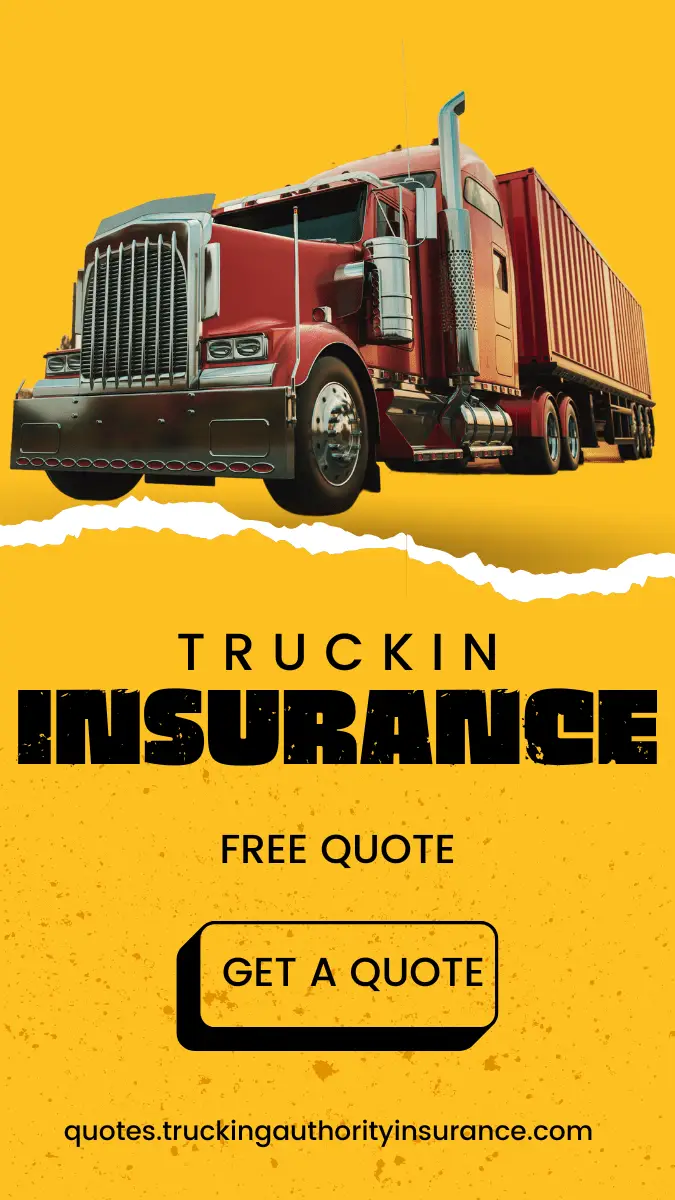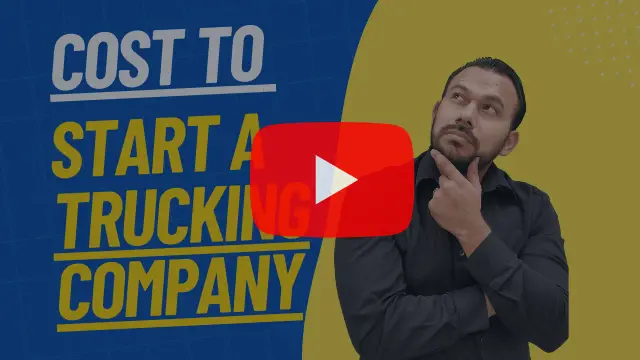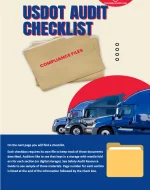Becoming a successful owner-operator takes more than driving skill and a truck. A common question is: do owner operators need permitting services? The answer is yes. You must stay compliant with federal and state permitting requirements, and using professional permitting support for truckers can make the process far less stressful.
Understanding Permitting Services for Owner Operators
For new and experienced owner-operators, understanding permitting services is one of the first steps to running a compliant trucking business. Permits and registrations are more than paperwork; they are the approvals that allow you to operate legally at both the federal and state level.
From DOT and MC numbers to BOC-3 filings, UCR registration, and state permits, each requirement has its own rules, deadlines, and renewal schedules. Trying to handle all of these on your own can be overwhelming and time-consuming. Permitting services simplify the process, reduce the risk of mistakes, and give you peace of mind on the road.
Permitting services include all the filings and approvals needed to operate legally. As an owner-operator, you are responsible for:
Federal permits and filings such as your USDOT number, MC number, and BOC-3 process agent filing
State permits like fuel tax permits, overweight or oversize permits, and intrastate registrations
Compliance requirements including UCR (Unified Carrier Registration) and biennial updates
Missing even one requirement can cause costly setbacks. Many carriers run into avoidable errors when handling permits on their own, which is why permitting services help ensure filings are accurate, deadlines are met, and compliance requirements are maintained. This organized approach allows you to focus on running your trucking business while staying fully compliant.
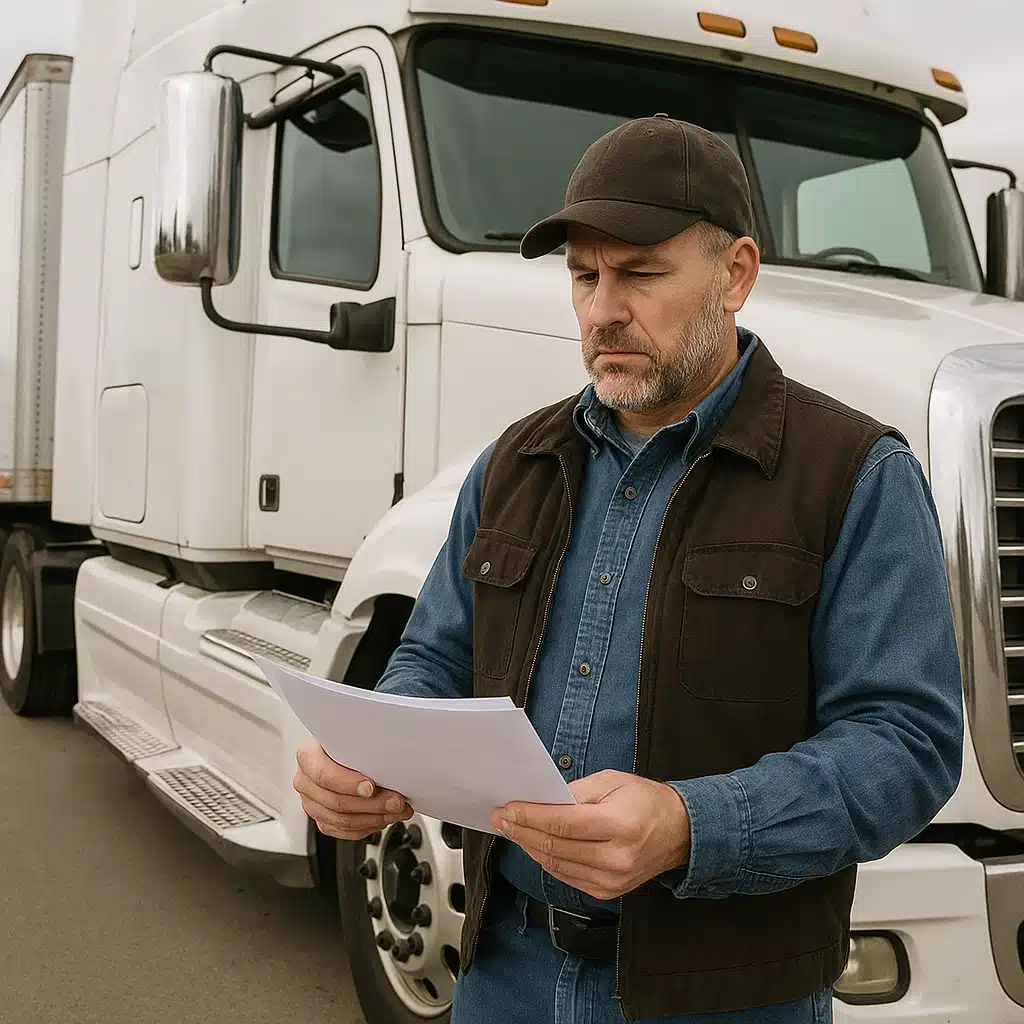
The Role of Dot Number in Compliance and Operations
A DOT number is your official identifier with the U.S. Department of Transportation. It connects your business to safety records, inspections, and audits.
You need a USDOT number if your vehicle:
Weighs more than 10,000 lbs
Transports hazardous materials
Carries passengers for compensation
Keeping your DOT number active and accurate is more than a regulatory task. It directly affects your ability to run a safe and profitable operation. Audits, roadside inspections, and insurance reviews all rely on the information connected to this number. If records are outdated or missing, you risk fines, delays, or even suspension of your operating authority.
For owner-operators, staying compliant with DOT requirements helps build trust with shippers and brokers, demonstrates professionalism, and protects your business. By managing your DOT number correctly, you lay a stronger foundation for long-term success in trucking.
Establishing Your Business: The Importance of Business Registration
Before applying for permits, you must register your business. Registration defines your tax responsibilities, liability structure, and business identity. While this step is typically handled through your state or local government rather than a permitting service, it is essential for ensuring your trucking business can move forward smoothly.
Why it matters for trucking:
Consistency in name and address across filings avoids delays with DOT and MC numbers
Proper registration creates trust with brokers and shippers
It forms the foundation for future compliance and permit renewals
Selecting the right legal structure, such as an LLC or corporation, also affects taxes and growth opportunities. Once your business is registered, you can move ahead with DOT, MC, and other permitting requirements.
Securing Operating Authority for Interstate Trucking
If you plan to haul freight across state lines, you need operating authority from the FMCSA, also known as an MC number. This authority gives you legal permission to operate as a for-hire carrier.
To secure operating authority, you must:
Apply for your MC number
File a BOC-3 process agent form
Provide proof of insurance
Pay the required filing fees
Once your operating authority is granted, you gain the legal right to haul freight across state lines and build stronger relationships with brokers and shippers. Having proper authority also improves your chances of negotiating better rates, since you are recognized as a fully compliant carrier.
Without it, you risk losing contracts, facing fines, or being placed out of service during inspections. For an owner-operator, securing and maintaining operating authority is a major step toward independence and growth, providing the foundation for a reliable and profitable trucking business.
Meeting Compliance Requirements: Tips for Staying Legally Protected
For every owner-operator, meeting compliance requirements is not optional. It is the foundation of a stable trucking business. Beyond obtaining your business registration, DOT number, and operating authority (MC number), you must keep all your records, filings, and permits current to stay legally protected.
Here are the areas you need to manage:
Federal registrations and filings such as the USDOT number, MC number, and biennial MCS-150 updates
State permits including intrastate operating numbers (like TX DOT or CA number), fuel tax permits, and trip or oversize/overweight permits
Unified Carrier Registration (UCR), which must be renewed each year to remain compliant
BOC-3 filings that keep your process agents updated across all states where you operate
Insurance and driver files, which must match the details in your authority and permitting applications
An organized approach to tracking permitting requirements helps you avoid fines, roadside delays, or even suspended operating authority. Many carriers use document management systems or set calendar alerts for deadlines, but the most important step is consistency. Every time your business changes, such as adding vehicles, updating your business registration, or changing your base of operations, you need to update your filings and permits to reflect those details.
It also helps to understand how the overall costs of different permit filings are structured, since expenses can vary depending on the state and type of authority required. By staying proactive with your compliance requirements, you protect your authority, keep your trucks on the road, and maintain trust with brokers and shippers.
Start Your Trucking Business With the Right Permits
We know how important it is for you as an owner-operator to meet every permitting and compliance requirement so your business can operate legally and without delays. That’s why we handle the details of DOT numbers, MC numbers, operating authority, BOC-3 filings, UCR registration, state permits, and compliance monitoring. With our permitting services and support, you can focus on hauling freight and growing your trucking business with confidence.
